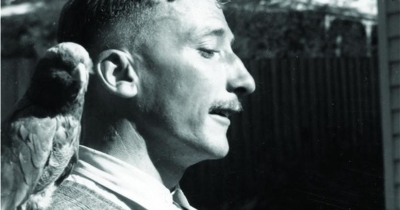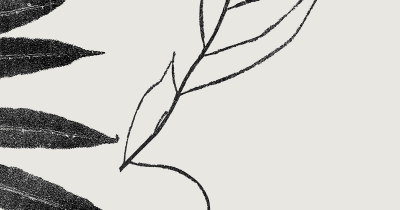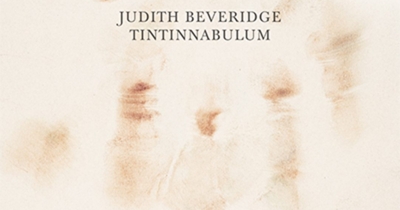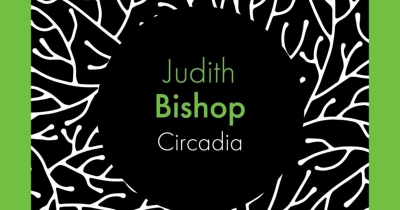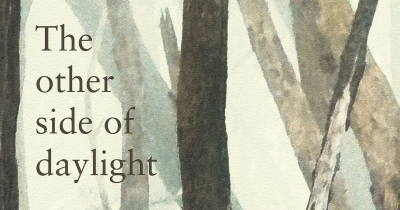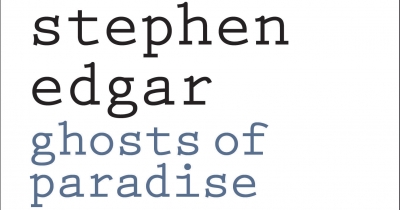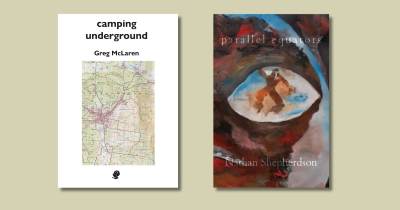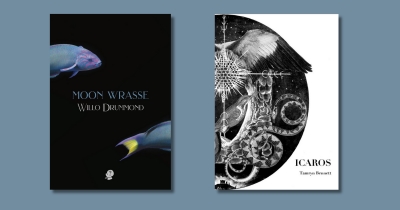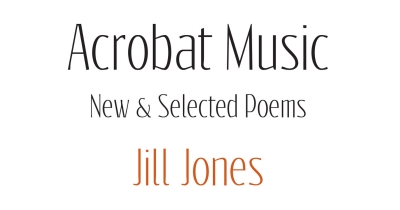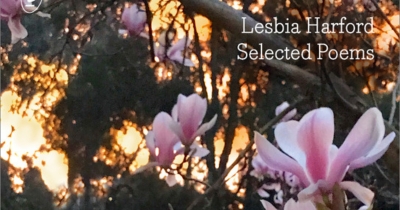Australian Poetry
February 8 will mark the centenary of the birth of Francis Webb (1925-73). Many will ask ‘Francis who?’ as I did at the start of my PhD on Christian mysticism in Australian poetry, when Petra White told me, ‘You have to read Francis Webb.’ I soon found myself reading the 1969 edition of Webb’s Collected Poems in a Richmond café. It was a sturdy, well-thumbed Angus & Robertson hardback with a purple, pink, and white cover bearing a quote from British poet and critic Sir Herbert Read: ‘A poet whose power, maturity and universality are immediately evident.’ In his five-page preface, Read examined Webb’s debts to Robert Browning, Gerard Manley Hopkins, and Kenneth Slessor, before concluding:
... (read more)The Other Side of Daylight: New and selected poems by David Brooks
by John Hawke •
parallel equators by Nathan Shepherdson & camping underground by Greg McLaren
by Anders Villani •

